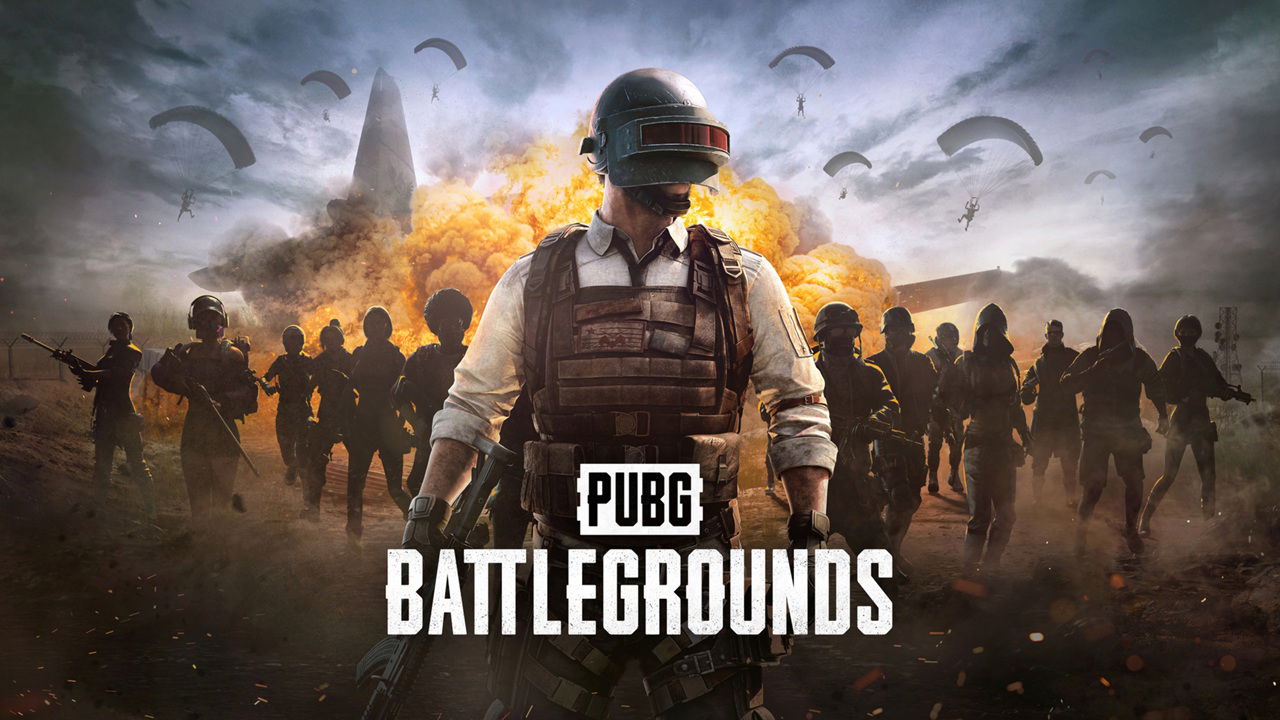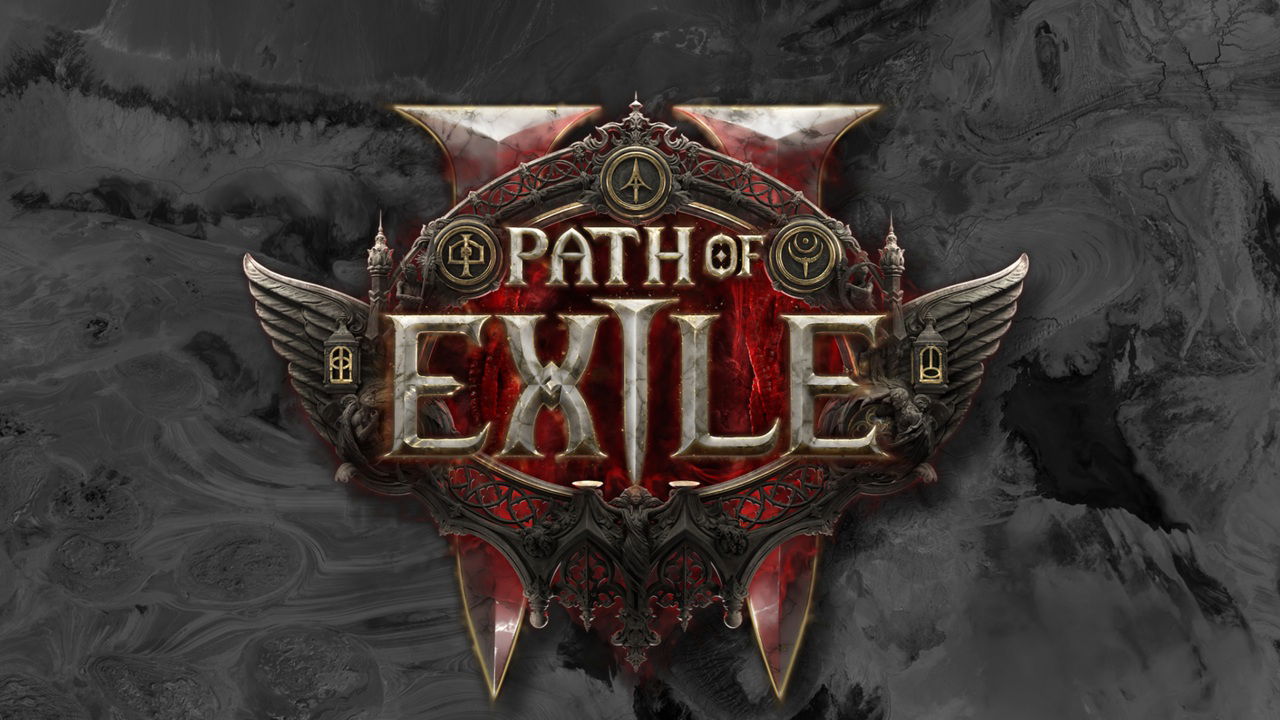Recently, Grinding Gear Games held an open weekend for Path of Exile 2, spotlighting its newest update and with it, I saw some things I thought were very cool, so I had the thought: why not give it another go? Unfortunately, my version of PoE2 was game shared with my friend. After looking into it, I discovered that they had stopped game sharing from working. Which provided me from playing the game.
Game sharing on consoles is more than just a convenience. For many players, it’s a way to build community—friends and family sharing a single purchase, passing the controller around on a couch, or simply enabling someone to try a game without the cost barrier. For Path of Exile 2, which is still in early access, this feature let Xbox users enjoy some flexibility: not everyone needed to pay full price or own two copies in multi-user households.
With Patch 0.2.0f, Grinding Gear Games (GGG) moved to revoke this, citing misuse, specifically bots abusing game sharing to gain free access.
The problem is that when a legitimate feature becomes a loophole for misuse, what do you do? You either tighten the rules or risk undermining your ecosystem. GGG chose the former, and in doing so, they opened up a can of worms about fairness, platform norms, and player expectations.
Fair Game or Broken Promises?
GGG’s explanation is understandable. The threat of bots means that automated accounts that can farm rewards, exploit economies, or degrade the experience for everyone else, it sucks and it’s a real concern. If game sharing lets bots slip in undetected, then the integrity of in-game economies or competition can suffer.
However, for many players, the removal feels like a betrayal of Xbox’s advertised features. Game sharing has been part of the Xbox ecosystem for a long time. Players who bought Path of Exile 2 early access or supporter packs feel penalized not for cheating, but simply for taking advantage of a system they believed was legitimate. With many, like myself, losing access to the game suddenly.
It’s one thing to block cheaters. It’s another to inconvenience or punish those who have done nothing wrong. The way the change was implemented, with reports of legitimate users being locked out, highlights the risk of wide-net fixes. Any move to prioritize security or anti-abuse must be balanced with good faith toward existing players.
Trust, Transparency, and the Cost of Early Access
This decision touches on a broader issue: trust. Early access is always a gamble. Players pay to help shape and stress-test a game, often with the understanding that things are unfinished, imperfect, maybe even broken. But they expect that what they pay for will continue to work as promised, or at least not be revoked without good reason and ample warning.
Here, some of the friction comes from the lack of warning, the suddenness of the change, and the perception that GGG shifted policy in a way that favored monetization over player goodwill. Players argue: “I’ve already spent money—why should I pay again?”
Moreover, for a “free-to-play” game in its early access phase, removing such features adds to wariness about the true direction of monetization and access. If full release will be free, why block access now? If not, what will “owned” status look like? These are good questions that this change forces the community to ask.
What GGG Could Have Done Differently
Looking back at how this all went down, I fell there were other alternatives that GGG could have pursued, such as:
- Verification and filtering: Rather than a blanket block, implement systems to detect and prevent bot abuse without breaking game sharing for genuine users.
- Grace periods or opt-ins: Warn players in advance and give them a chance to acquire the needed license before access is cut off.
- Exemptions for households: Recognize that many sharing cases are valid, such as family members or couples. Perhaps allow licensing or tied accounts in such cases.
- Better communication: Be open about the magnitude of abuse, the trade-offs, and the impact. Let community feedback shape the process.
Bigger Picture: The Balance of Access and Control
At root, this is a tension many modern game developers face: how do you balance openness with control? Especially for online, live-service-style games or those with microtransactions, the risk of abuse is significant. But stifling a community’s trust can cost more long-term than some bot-inflicted losses.
Another game that took this stance was PlayerUnknown’s Battlegrounds on PC. You weren’t able to share the game between family accounts. Now PUBG has moved to free-to-play, making that decision kind of obsolete. Which begs the question: why?

For Path of Exile 2, this move may hurt its reputation among Xbox players. Some will see it as a sign that the company prioritizes monetization or anti-abuse over user experience. Others may understand and accept the decision. Where GGG goes from here—whether through refunds, reinstatements, or more nuanced sharing rules—will likely affect how well the community remains supportive.
Final Thoughts
Removing game sharing on Path of Exile 2 for Xbox was defensible in theory. The abuses cited are real. Guarding against bots is part of keeping a game stable, fair, and healthy. But execution matters just as much as intention. Taking away what players felt they had—especially without warning—risks eroding the sense of mutual respect between developers and fans.
As PoE2 moves toward full release and presumably wider monetization and expansion, maintaining that trust will be key. Because in the end, games are not just about mechanics or graphics. They are about promise—and about whether a developer keeps their side of the deal.


